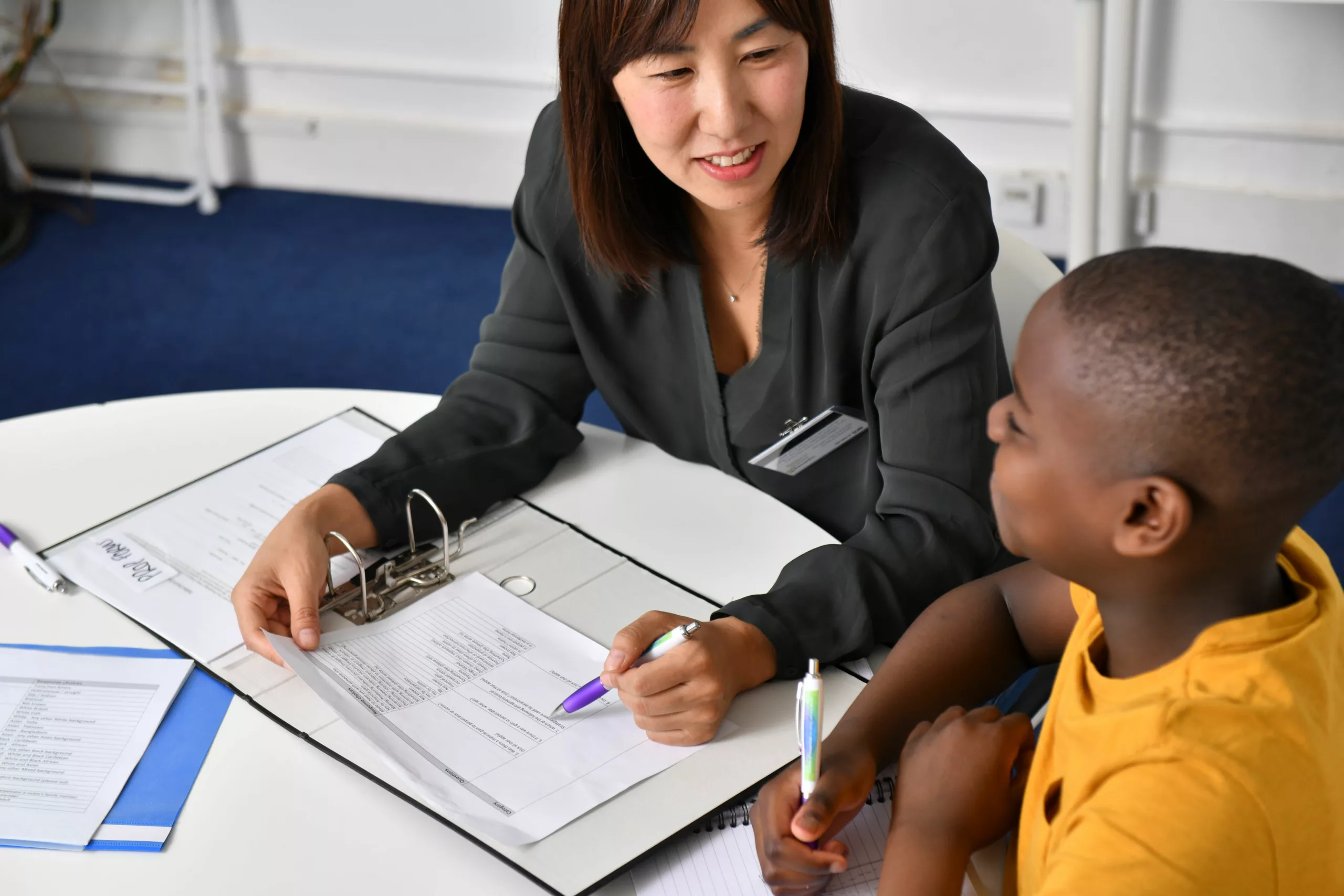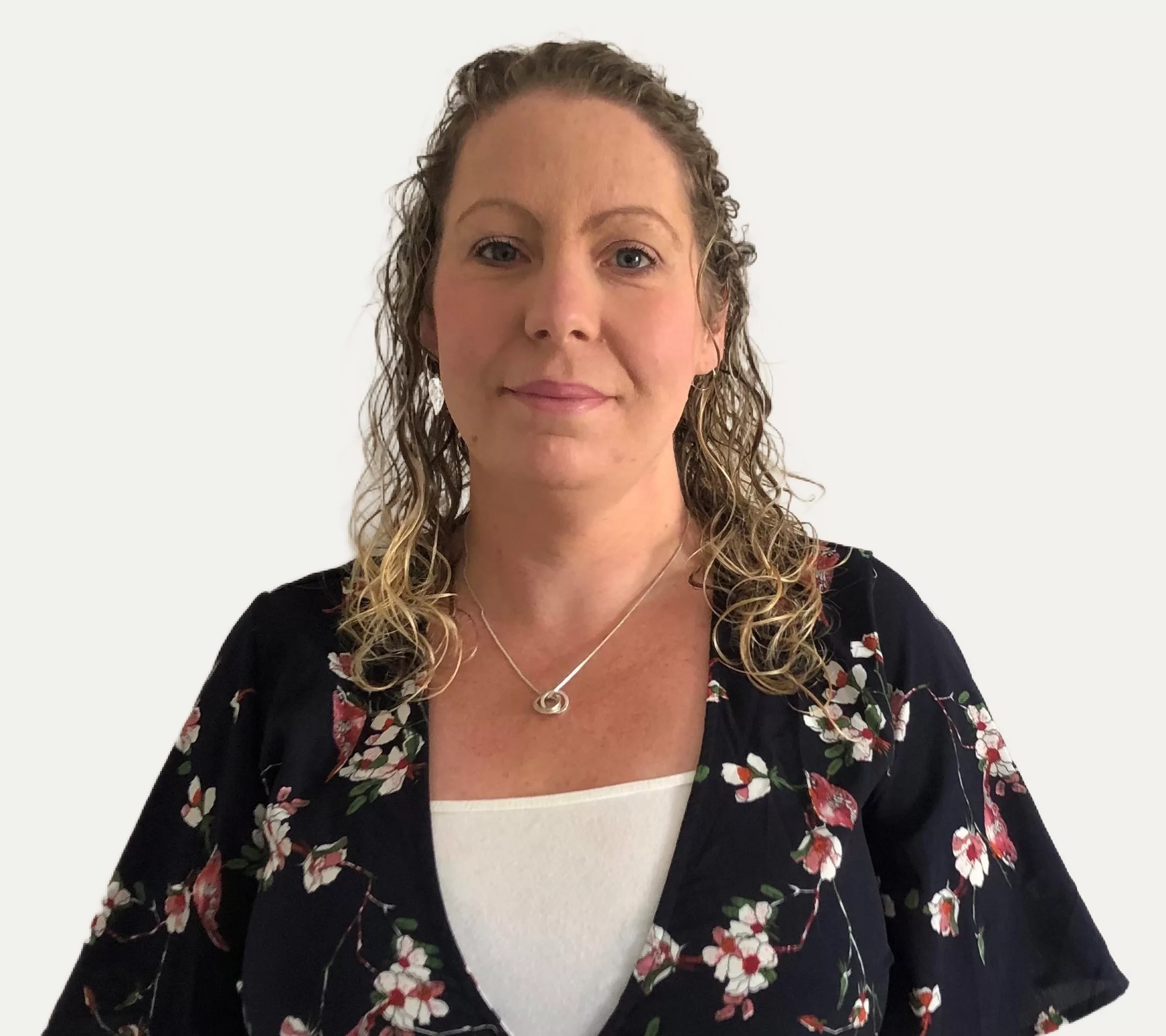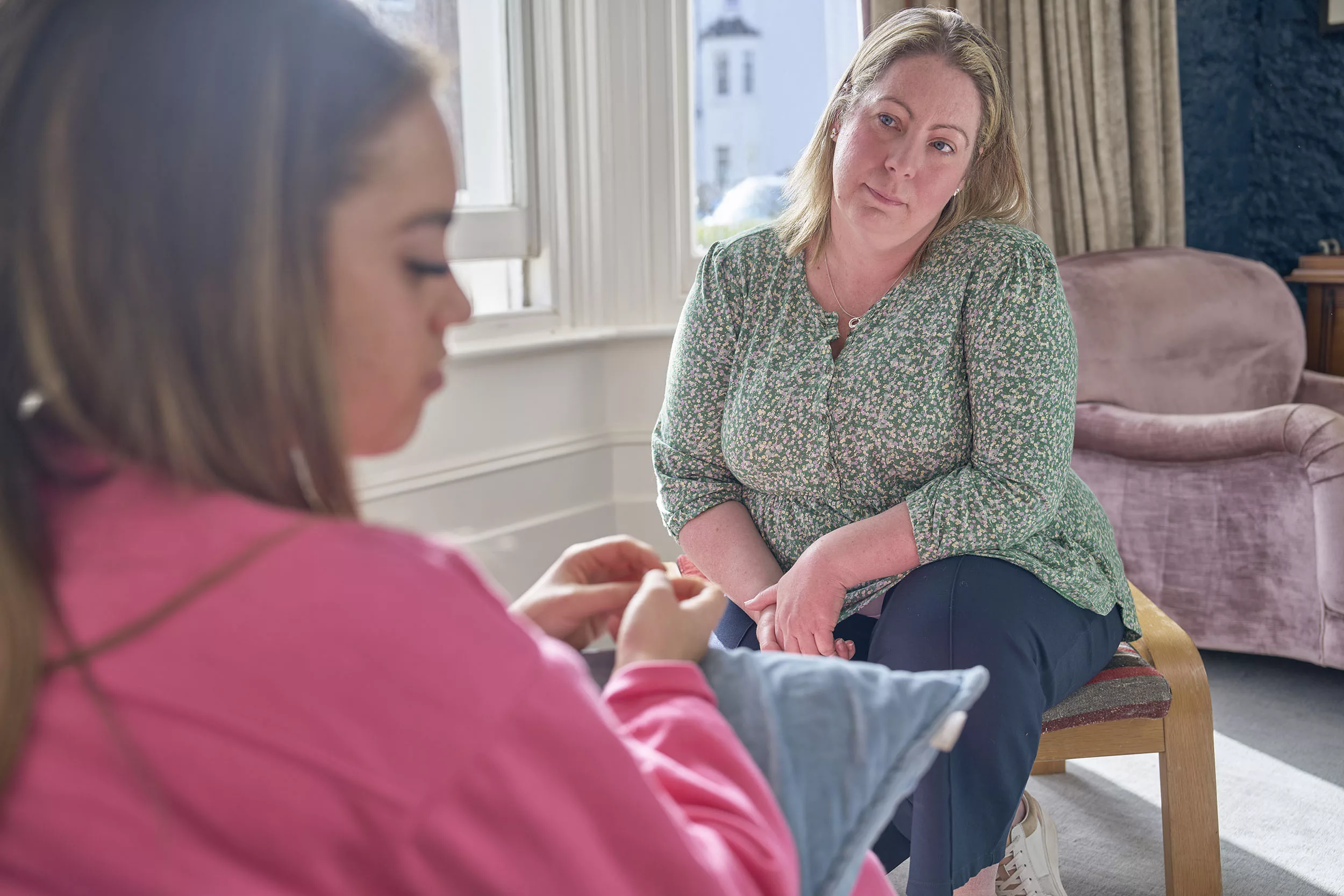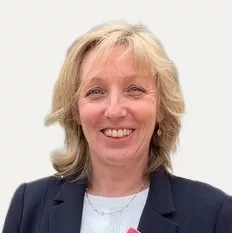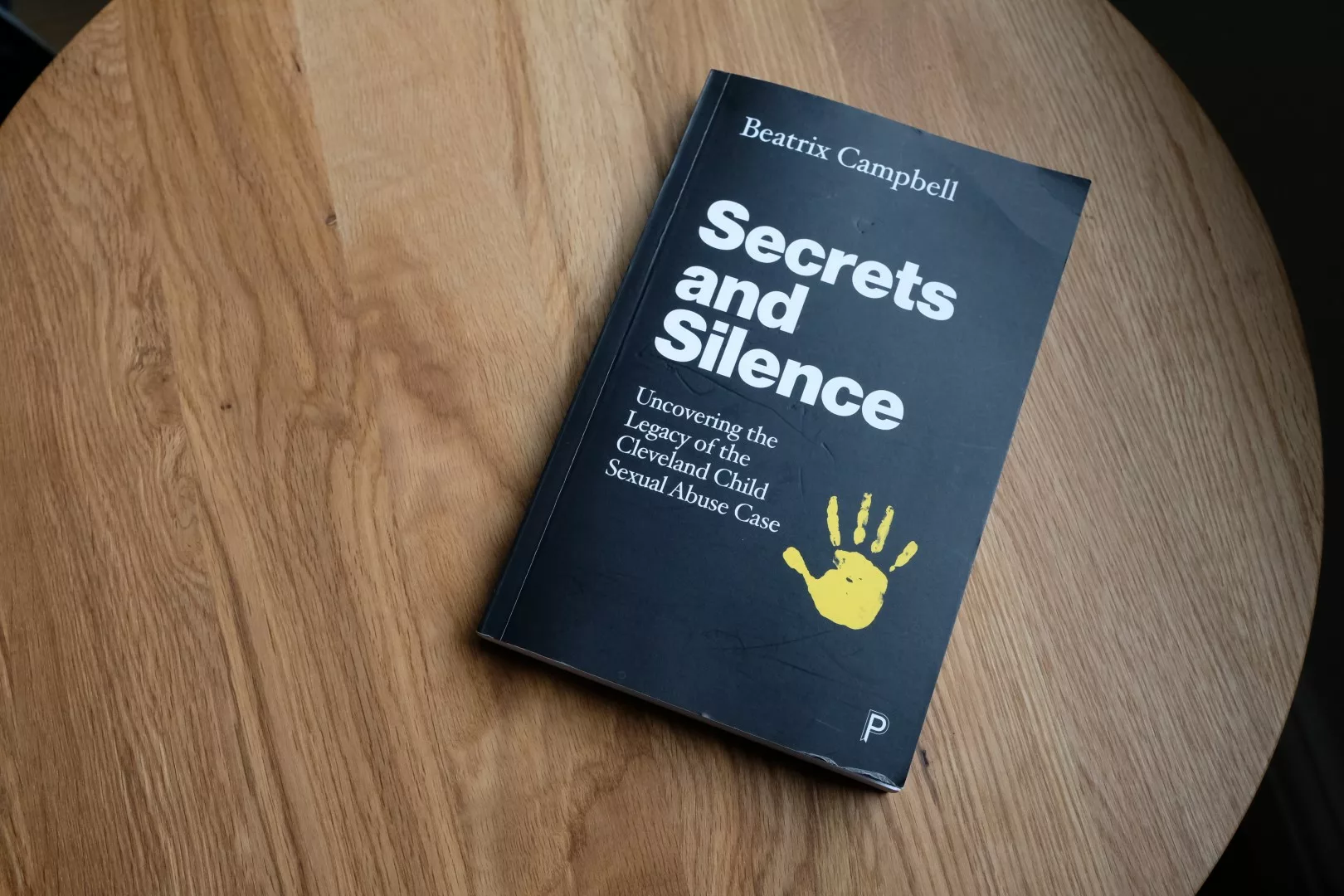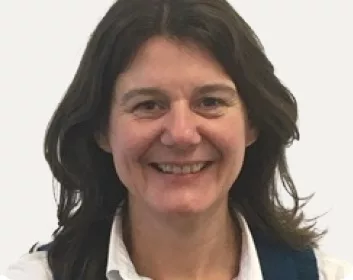The last couple of weeks have been particularly significant in the movement towards the national recognition of sibling sexual abuse, as Peter highlighted in his recent blog.
Intrafamilial child sexual abuse, including sibling sexual abuse, remains a hidden harm. Thinking about a child being sexually harmed by someone in their family can feel impossible to comprehend, perhaps especially so when the person harming the child is a brother, sister, or someone the child thinks of as a sibling. But we must not let this discomfort prevent us from considering the possibility of sibling sexual harm and responding to these concerns.
Prior to starting at the Centre of expertise on child sexual abuse, as a Practice Improvement Advisor, I spent a number of years managing a multi-disciplinary team supporting children who had engaged in harmful sexual behaviour. During this time, I saw first-hand the challenges faced by families who were affected by sibling sexual abuse. The families I supported experienced a whole range of emotions including high levels of distress, shame, feeling overwhelmed and isolated, and often family members blamed one another for the abuse. When a family is affected by sibling sexual abuse, everyone in the family feels these effects.
As professionals across different agencies and roles, we often talk about the “challenges” involved in supporting families affected by sibling sexual abuse and rightly so, it can feel challenging. However, what we sometimes struggle to remember is how skilled we, as child and family professionals are in harnessing strengths within families. We often fall into the trap of thinking we need a particular set of specialist skills to support children and families affected by sibling sexual abuse. We might feel that this support can only be provided by someone who has had specialist training or who has a specific qualification. There is of course a role for specialist services but let’s face it they simply won’t be available in the majority of localities and we cannot let that prevent us from supporting children and families in these cases. My experience of working alongside, supervising and supporting the development of, a wide range of child and family practitioners, is that the skills professionals use every day are the same skills needed to help families navigate the challenges of sibling sexual abuse.
What are these skills?
We know that sibling sexual abuse can challenge our preconceptions of siblings, family life, and what a childhood ‘should’ be. The ability to recognise these preconceptions and know when and how they impact our work are essential skills. If you are able to notice your responses and be open to exploring and challenging them, you have incredibly important skills which will help you to support families affected by sibling sexual abuse.
Understanding that sibling sexual abuse is a issue for, and of, the whole family, is key to supporting families. Use the existing skills you have in supporting families, to understand relationships within the family. Talk about these relationships, find out what the sibling relationships look like beyond the abusive experiences, understand how the family functions and what really matters to them. These are the very foundations of effective working with children and families.
Have hope! Think about what you need to hold on-to to give you hope. Sometimes you, the families you are supporting, and the professional network may start to lose hope. The ability to model openness, bravery and hope are likely to really help families to see a way through the trauma they are experiencing.
Sexual abuse, and sexually abusive behaviour, are not destiny. Children and families can and do recover from sexual abuse. If you seek to really understand what has happened for the whole family, if you are able to notice and challenge your own responses and, if you have hope that the family can recover, you have the strong foundations needed to navigate what can initially seem like insurmountable challenges.

